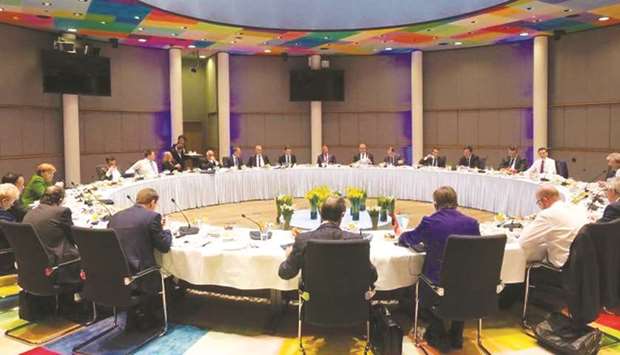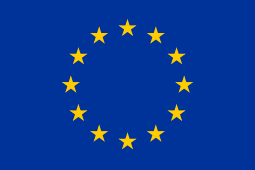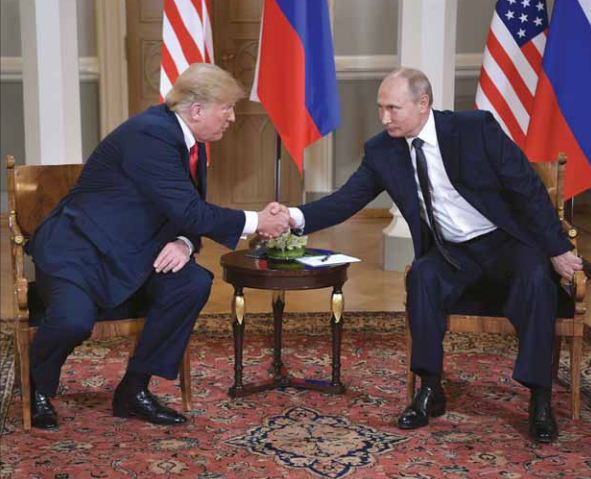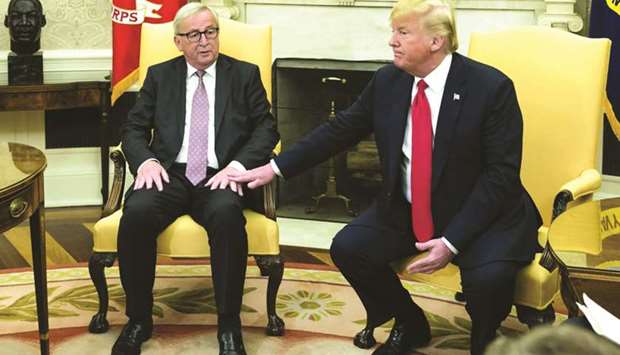Higher Oil Price Boosts BP’s Recovery; Profit Up Fourfold

Higher oil prices and increased output helped BP Plc (NYSE: BP) quadruple its second-quarter profit from a year earlier as the oil major finally shakes off the after-effects of 2010’s Deepwater Horizon spill and the last oil market slump.
Second-quarter results have been a mixed bag for the world’s top oil companies. Total SA (NYSE: TOT) beat forecasts and boosted production targets while Royal Dutch Shell Plc (NYSE: RDS.A) launched a $25 billion share buyback program despite profits falling short of expectations.
U.S. majors Exxon Mobil Corp. (NYSE: XOM) and Chevron Corp. (NYSE: CVX) disappointed Wall Street.
BP confirmed it would increase its quarterly dividend for the first time in nearly four years, offering 10.25 cents a share, an increase of 2.5%. The company bought back shares to the tune of $200 million in the first half.
In a further sign of recovery, BP last week agreed to buy U.S. shale oil and gas assets from global miner BHP Billiton for $10.5 billion.
The deal, BP’s first major acquisition in 20 years, marked a watershed for the company in the United States as it looks to leave behind the $65 billion fallout from the deadly explosion of its Deepwater Horizon rig in the U.S. Gulf of Mexico.
Benchmark Brent crude futures, currently over $74 per barrel, rose about 16% in the first half of 2018 and are up about 60% since June last year.
BP’s output in the first six months of the year was 3.662 million barrels of oil equivalent per day (MMboe/d), including production at Russia’s Rosneft, of which it owns just under a fifth, from 3.544 MMboe/d a year earlier. That helped underlying replacement cost profit, BP’s definition of net income, rise to $2.8 billion, exceeding forecasts of $2.7 billion, according to a company-provided survey of analysts.
The company earned $0.7 billion a year earlier and $2.6 billion in the first quarter. BP’s shares were up about 1.2%, hitting a two-week high in early trading.
BP has paid around $2.4 billion of expected 2018 costs of just over $3 billion related to Deepwater Horizon, and plans to split the outstanding payments equally between the third and fourth quarters, CFO Brian Gilvary said.
Meanwhile, the company has tightened its investment budget for this year to about $15 billion from previously up to $16 billion and increased its divestment guidance to over $3 billion from $2 billion to $3 billion.
Gearing, the ratio between debt and BP’s market value, declined to 27.8% at the end of the quarter from 28.1% at the end of March. Net debt was $39.3 billion at the end of June compared with $40 billion at the end of March.
“With gearing nudging down sequentially, dividends raised, and execution on track, 1Q and 2Q are the start of a new positive trend for BP,” Bernstein analyst Oswald Clint said.











